Creating a Positive Home Environment
— A FOSTER PARENT’S GUIDE —
How do you know if your home feels safe to your child? Given your youth in care has already experienced an unstable, unsafe home, keeping the following four concepts in mind will ensure you provide your child with the secure environment they need.
Keep your home free from abuse
Youth in care have experienced significant trauma. It is up Lawrence Hall encourages you to create an environment free of abuse of any kind, such as physical, sexual, emotional, or mental. It is also important to consider which guests you let into your home and if they have a history of abuse in any capacity. When fostering a child of any age, they are vulnerable. They also deserve and require a stable and nurturing environment from the beginning of your relationship.
Keep your home free from neglect
Like abuse, children may be in foster care due to neglect from a parent or a caregiver. Whether your child has experienced neglect or not, it is crucial to show yourself as a stable relationship in their lives. This is a key step to gaining your child’s trust and building a reliable, positive relationship with one another.
Be aware of your home and neighborhood
You don’t need to get a home security system or move to a different neighborhood to ensure safety. Reflect on both the inside and outside safety features of your home and think about how these features can impact your child. For example, if you have a younger child, have you “baby-proofed” the house? If you have an older child who plays outside for entertainment, do you live by a busy road? Ask for help or advice if you aren’t sure how to begin planning for home and neighborhood safety.
Check out these safety tips:
Personal emotional security
Understanding your own emotional security means knowing how you appear to your child in times of stress, anger, or instability. The most important thing to remember is to try and steady your emotions in front of them, making them feel that you can offer safety even if things in your personal life are not perfect. Since this is easier said than done, here are two resources to help cope with stressful situations:
Creating a Nurturing Environment for Your Child
What motivated you to become a foster parent? Maybe the opportunity presented itself in your community, or you saw something in the media. Maybe you have always felt drawn to nurturing or are a relative of someone needing care. No matter how you began your foster journey, the following self-reflection can help every parent create and maintain a deeply nurturing home environment for children:
- Show deep love or concern for your children and their well-being: In general, this is an excellent characteristic to have as a current or future foster parent. That is why reflecting on why you became a foster parent initially can help you remember your willingness to take on such an important role.
- Show tolerance and acceptance towards your children, even when they may be very different from you: This may be difficult, especially if you have a child who shows defiance or holds different morals. Try to build up a level of acceptance and meet the child where they are in their lives given where they may be coming from. By doing this, you can create a healthier environment for everyone as well as model tolerance and acceptance to your child in the process.
- Accept your youth in care as your own: As adults, it is easy to forget how tuned in children are to our environments. To ensure they feel accepted, treat your child like they are a part of your family.
- Provide your child with other safe adult connections: Creating a positive environment includes promoting positive relationships with other adults. Foster relationships with other caring and trusted adults are in their lives, such as grandparents, coaches, teachers, other parents, or even neighbors. Encourage these healthy connections, which will create more chances of nurturing relationships that will positively impact them for the rest of their lives.
Search
Categories
- Blog (15)
- Grants and Awards (5)
- News (75)
Lawrence Hall is a 501(c)(3) organization. Gifts are deductible to the full extent allowable under IRS regulations.
©2025 Lawrence Hall All rights reserved. Site Construction by WorkSite









